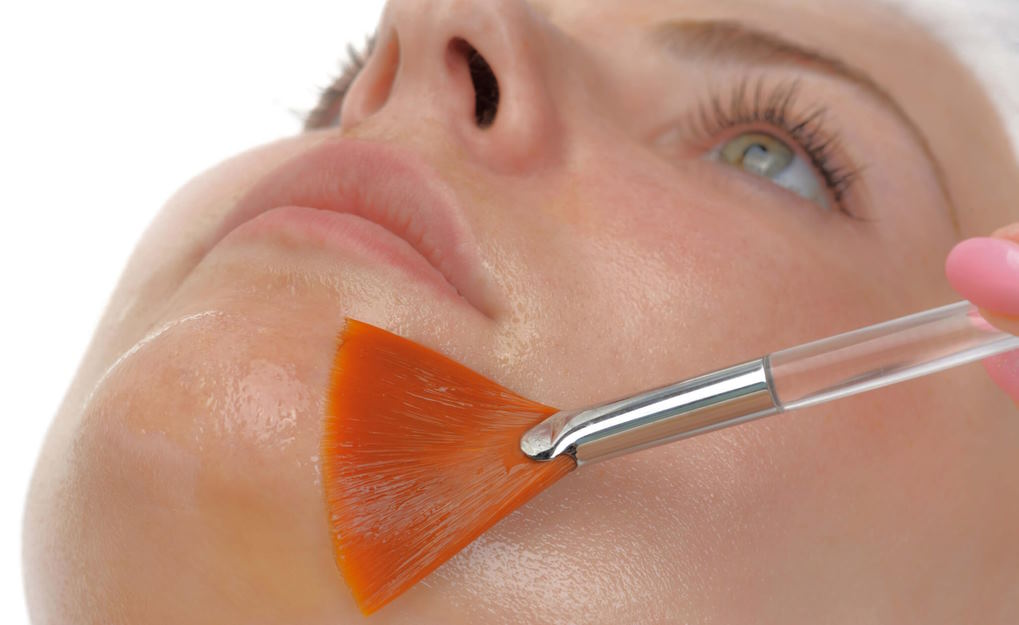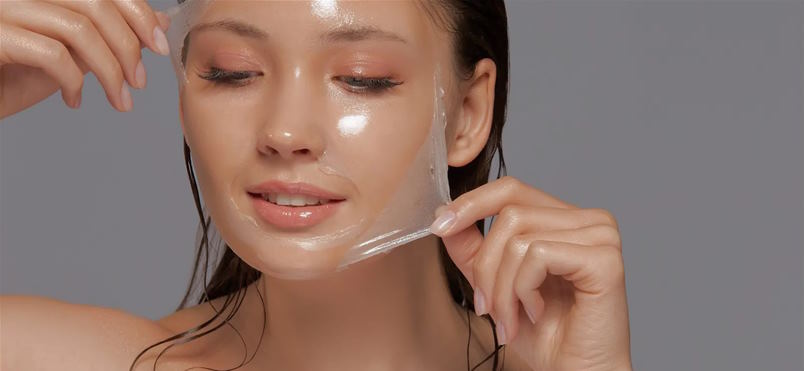Chemical peels have become increasingly popular in recent years as a non-invasive solution to various skin concerns, including acne, wrinkles, and hyperpigmentation. However, before you try a chemical peel, it is important to weigh the pros and cons. While chemical peels can improve the texture, tone, and appearance of your skin, they also come with potential risks and side effects. By the end of this article, you will have a better understanding of whether a chemical peel is right for you and how to approach this procedure safely and effectively.
Pros of chemical peels
One of the main benefits of chemical peels is their ability to improve the overall texture and tone of the skin. By removing the outermost layers of dead skin cells, chemical peels promote the growth of new, healthier skin cells. This can leave your skin feeling smoother and looking more youthful.
- For those who struggle with acne or acne scars, chemical peels can be an effective solution. Chemical peels work by removing dead skin cells and unclogging pores, which can help prevent breakouts. Additionally, chemical peels can reduce the appearance of acne scars by promoting collagen production and evening out skin tone.
- If you suffer from hyperpigmentation or melasma, chemical peels can also help. Chemical peels can remove the top layers of skin where pigmentation issues tend to occur, revealing brighter, more even-toned skin. By promoting collagen production, chemical peels can also help improve the appearance of hyperpigmentation and melasma over time.
- Finally, chemical peels can help boost collagen production, which is essential for maintaining healthy, youthful-looking skin. Collagen is a protein that provides structure and elasticity to the skin, and as we age, our bodies produce less of it. By stimulating collagen production, chemical peels can help plump up the skin and reduce the appearance of fine lines and wrinkles.
Cons of chemical peels
While chemical peels offer many benefits, there are also some potential downsides to consider. It’s important to be aware of the cons of chemical peels before undergoing the procedure.
- One of the most significant risks of chemical peels is the potential for skin damage and scarring. Chemical peels work by removing the outer layers of skin, and if not done properly, this can cause damage to the underlying skin tissues. Additionally, chemical peels can cause scarring if the skin does not heal properly after the procedure.
- Another potential risk of chemical peels is an increased risk of sun damage and skin cancer. After a chemical peel, the skin is more sensitive to the sun’s harmful UV rays. It’s essential to take extra precautions and protect your skin from sun exposure following a chemical peel.
- Chemical peels can also cause temporary or permanent changes in skin pigmentation. This is more common in individuals with darker skin tones, and can result in areas of skin that are lighter or darker than the surrounding skin.
- Possible allergic reactions and other side effects are also a concern with chemical peels. This can include redness, swelling, itching, and even severe reactions such as blistering or infection.
Who should consider chemical peels?
If you’re considering a chemical peel, it’s important to understand who can benefit from this procedure and the factors to consider before trying it.
First and foremost, chemical peels are ideal for those with specific skin concerns that the procedure can address. These include acne, fine lines and wrinkles, hyperpigmentation, and uneven skin texture and tone. If you’re looking to improve the overall appearance and health of your skin, a chemical peel may be a good option for you.
Before trying a chemical peel, it’s important to consider your skin type and any underlying medical conditions that may affect your skin’s sensitivity. Individuals with sensitive skin or certain medical conditions may not be good candidates for chemical peels.
Recommended skin types for chemical peels include individuals with fair to medium skin tones who do not have any significant skin damage or scarring. Those with darker skin tones may be at a higher risk for temporary or permanent changes in skin pigmentation after a chemical peel.
Prior to a chemical peel, it’s important to take certain precautions to ensure the procedure is safe and effective. This includes avoiding certain medications and skincare products that can increase skin sensitivity, as well as preparing your skin with a gentle skincare routine in the days leading up to the procedure. After a chemical peel, it’s essential to protect your skin from sun exposure and avoid picking or scratching at any scabs that may form.



